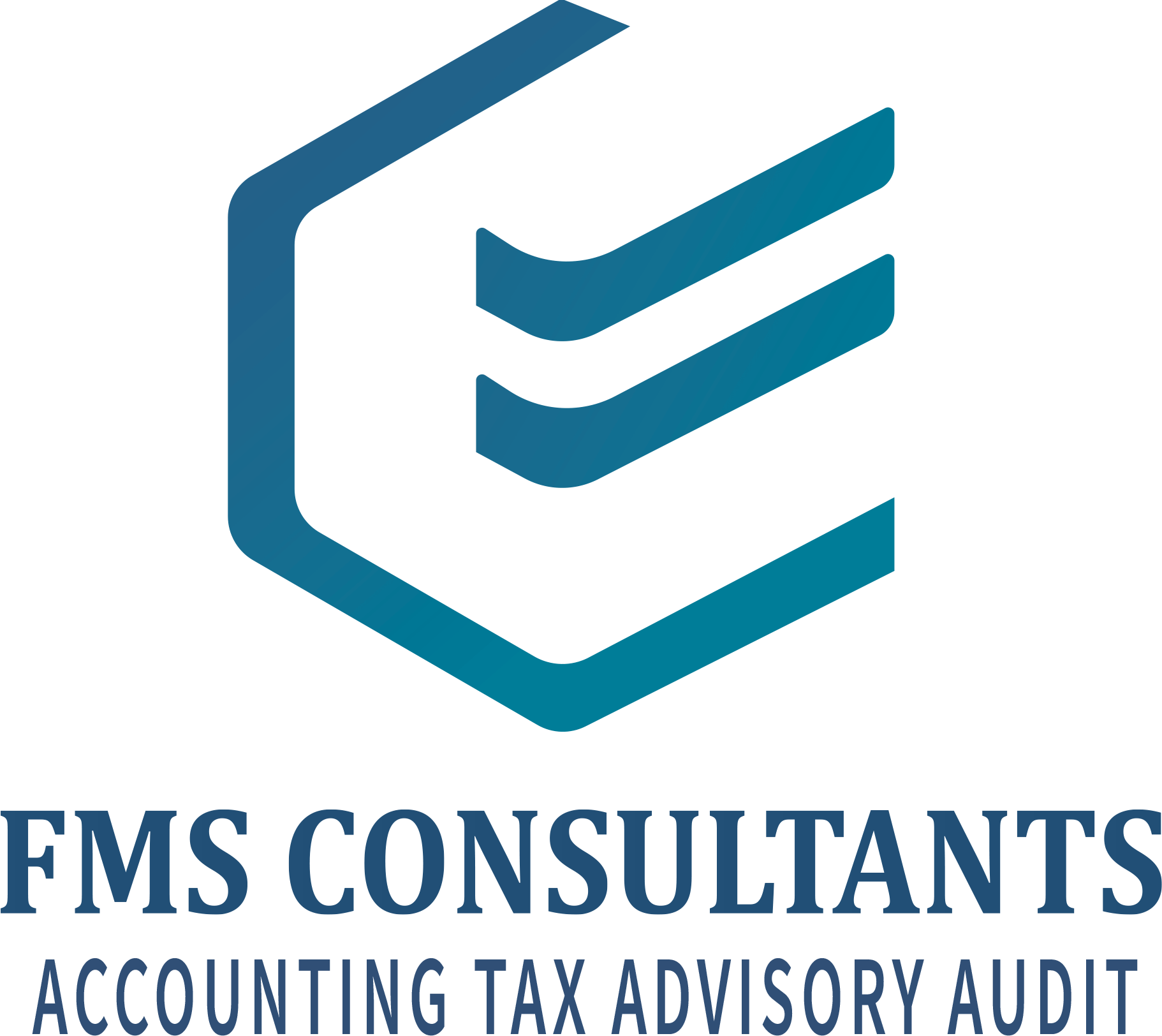
- May 3, 2024
- fms-admin
- 0
Bookkeeping is the backbone of any successful business. It involves recording, organizing, and managing financial transactions to ensure accurate financial statements. However, many business owners, especially those just starting out, make common bookkeeping mistakes that can lead to financial headaches down the line. In this blog post, we’ll highlight some of these mistakes and provide tips on how to avoid them.
Neglecting to Keep Detailed Records:
One of the most common bookkeeping mistakes is failing to keep detailed records of all financial transactions. This can include everything from sales and expenses to payroll and taxes. Without accurate records, it’s impossible to track the financial health of your business or prepare for tax season. To avoid this mistake, make sure to keep organized records either manually or by using accounting software. Set aside time each week or month to update your records and reconcile accounts.
Mixing Personal and Business Finances:
Another common mistake is mixing personal and business finances. While it may seem convenient to use the same bank account or credit card for both personal and business expenses, it can create a messy financial situation and make bookkeeping more challenging. To avoid this mistake, open a separate bank account and credit card specifically for your business. This will make it easier to track business expenses and ensure accurate financial reporting.
Failing to Reconcile Accounts:
Failure to reconcile accounts regularly is another bookkeeping mistake that can have serious consequences. Reconciliation involves comparing your financial records, such as bank statements and credit card statements, to ensure they match up. Failing to reconcile accounts can result in errors going unnoticed, such as unauthorized charges or missed payments. Make reconciliation a regular part of your bookkeeping process, ideally on a monthly basis, to catch any discrepancies early on.
Not Backing Up Financial Data:
In today’s digital age, it’s essential to back up your financial data regularly. Failing to do so leaves your business vulnerable to data loss due to hardware failure, cyberattacks, or other unforeseen events. Invest in reliable backup solutions, such as cloud storage or external hard drives, to protect your financial data. Additionally, consider implementing security measures, such as encryption and access controls, to safeguard sensitive information from unauthorized access.
Ignoring Tax Obligations:
Taxes are a critical aspect of business finances, and failing to fulfill your tax obligations can lead to penalties and fines. One common mistake is neglecting to keep track of tax deadlines or failing to set aside funds for tax payments. To avoid this mistake, familiarize yourself with your tax obligations, including filing deadlines and payment schedules. Consider working with a tax professional to ensure compliance and maximize tax deductions.
Overlooking Petty Cash Transactions:
Petty cash transactions, such as office supplies or small purchases, are often overlooked but can add up over time. Failing to record these transactions accurately can result in discrepancies in your financial records. Implement a petty cash system with clear guidelines for how funds should be used and accounted for. Keep detailed records of petty cash transactions and reconcile the petty cash fund regularly to ensure accuracy.
Conclusion:
Effective bookkeeping is essential for the success of any business. By avoiding common bookkeeping mistakes and implementing best practices, you can maintain accurate financial records, make informed business decisions, and ensure compliance with tax regulations. Take the time to establish sound bookkeeping practices early on, and consider seeking professional assistance if needed. Your business’s financial health depends on it.
